In 2007, France and the United Arab Emirates signed an unprecedented agreement to create the Louvre Abu Dhabi, financed to the tune of $1bn by the Emirati government. The Musée du Louvre in Paris—whose former director, Henri Loyrette, masterminded the encyclopaedic programme—committed its name, expertise and works to the project for 30 years.
Less well known, however, is that 12 other French institutions have also agreed to contribute loans in exchange for a €265m fee spread over 15 years. This is “the first time that French museums have joined forces to participate in an international cultural co-operation project of such magnitude”, says Marc Ladreit de Lacharrière, the president of Agence France-Muséums, an umbrella organisation created in 2007 to oversee the project.
As work continues on the Jean Nouvel-designed museum in Abu Dhabi, now due to open in 2017, we found out how five French museums are quietly reaping the financial rewards of this unusual transnational deal.
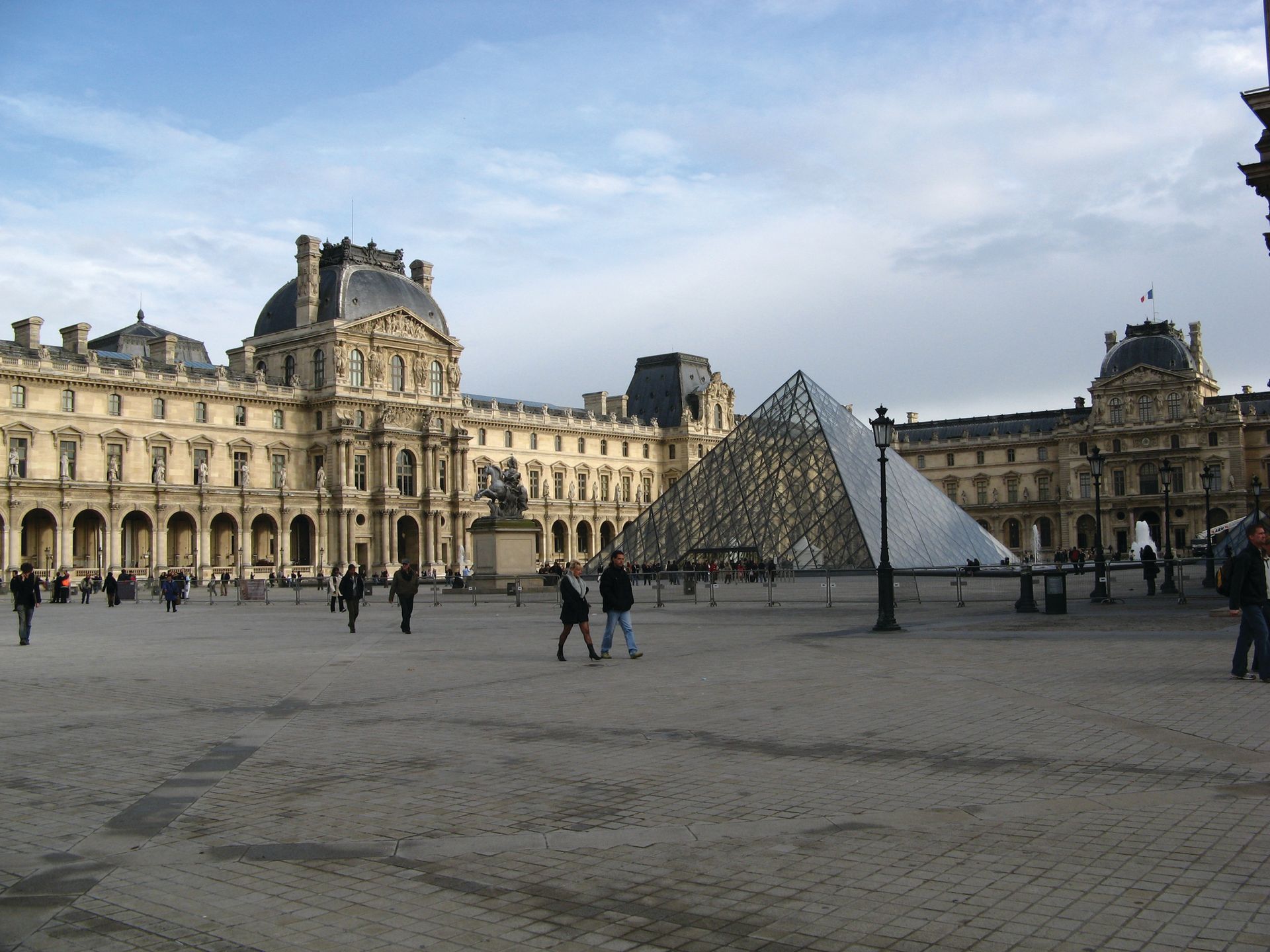
Musée du Louvre
The Louvre in Paris is the project’s main lender and beneficiary. In 2008, the museum’s then-director, Henri Loyrette, told us that the deal represented “a revolution” for French museums because it provided them “with what you in the US and UK are used to—namely, an endowment fund”. The Louvre’s fund received an initial €120m from Abu Dhabi in 2010, with a second, smaller payment due by the end of this year. The interest, along with loan fees for the inaugural displays, has funded 92% of a €53.5m effort to overhaul the Paris museum’s I.M. Pei-designed Pyramid entrance, due to be complete next year. Licensing of the Louvre name will cover the majority of a planned €60m storage facility at Liévin, near Lens.
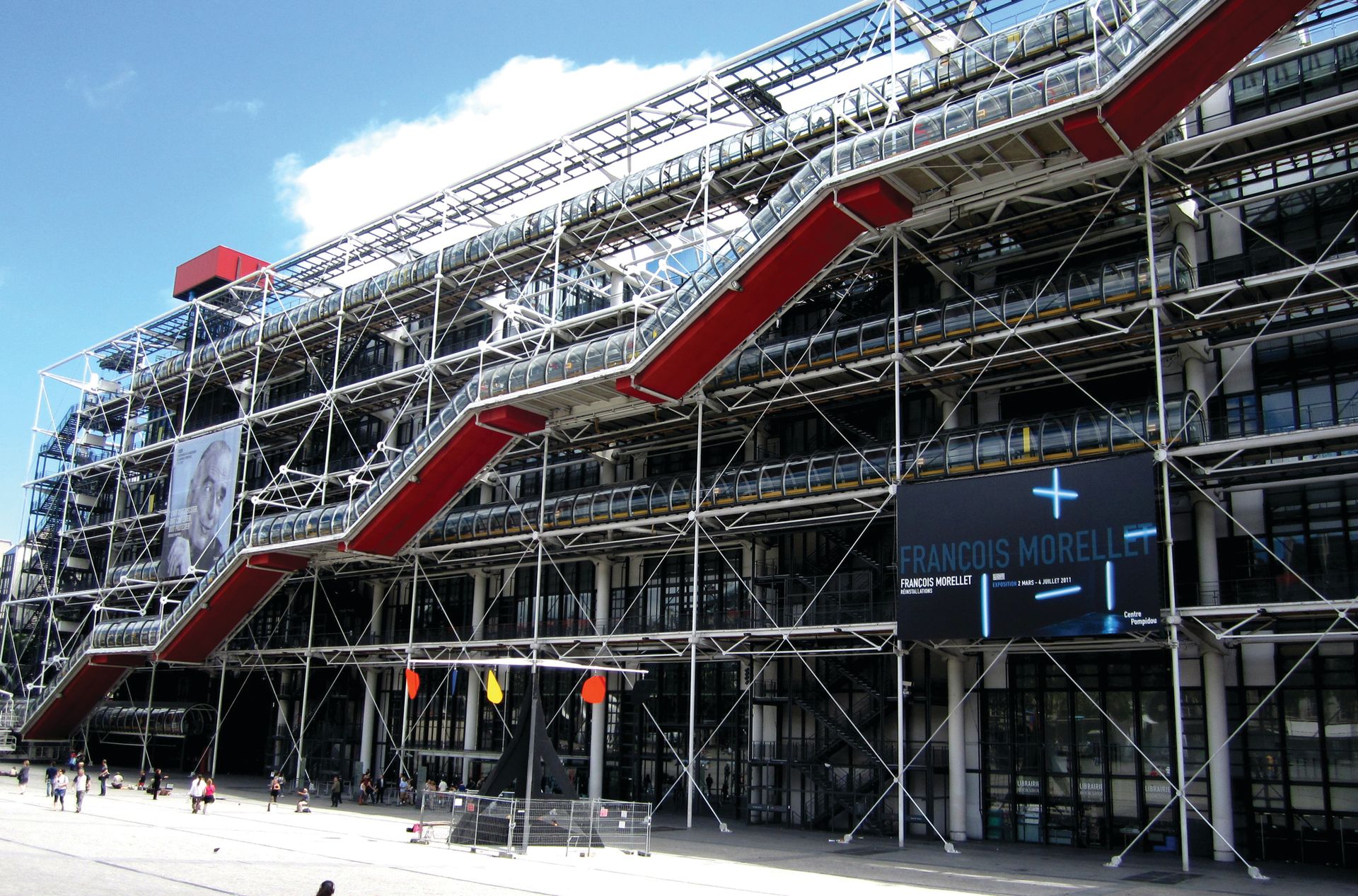
Centre Pompidou
The Centre Pompidou stands to gain around €18m from Abu Dhabi over 15 years, according to Denis Berthomier, the Pompidou’s executive director. The museum plans to use the funds to improve visitors’ experience. It has hired the architect Renzo Piano to complete a €2m renovation of its canopy next year. After 2019, the museum will begin work on a semi-public storage and conservation centre for its growing collection of contemporary art.
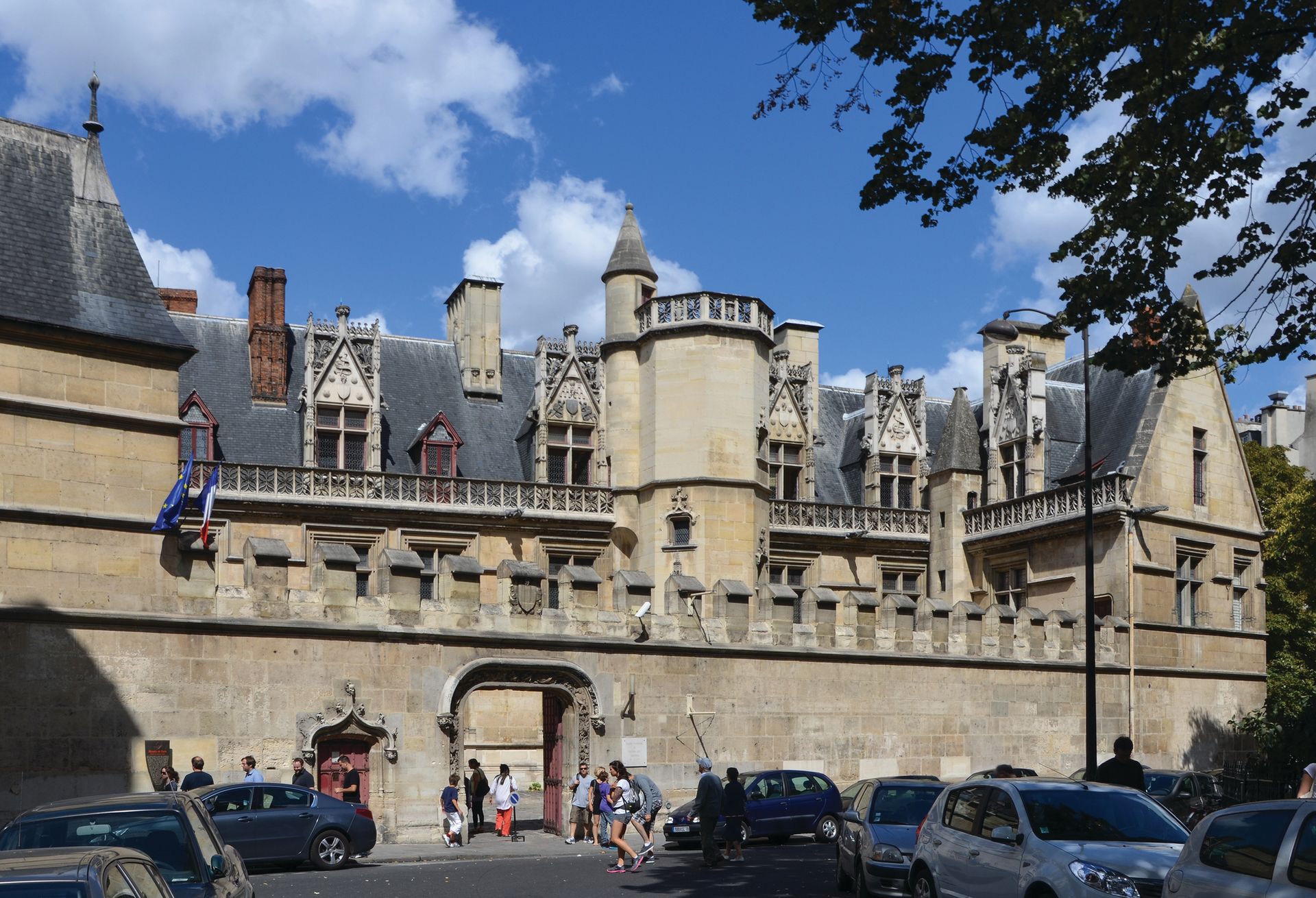
Musée de Cluny
France’s national museum of Medieval art is dedicating €4m from its Abu Dhabi windfall to a €7.4m expansion (the remainder will be paid by the French state). The project includes the restoration of the Gothic chapel and ruined Gallo-Roman thermal baths. Funding the work, which will continue until 2020, “would certainly have been slower and more difficult” without Abu Dhabi, says the museum’s director, Elisabeth Taburet-Delahaye.
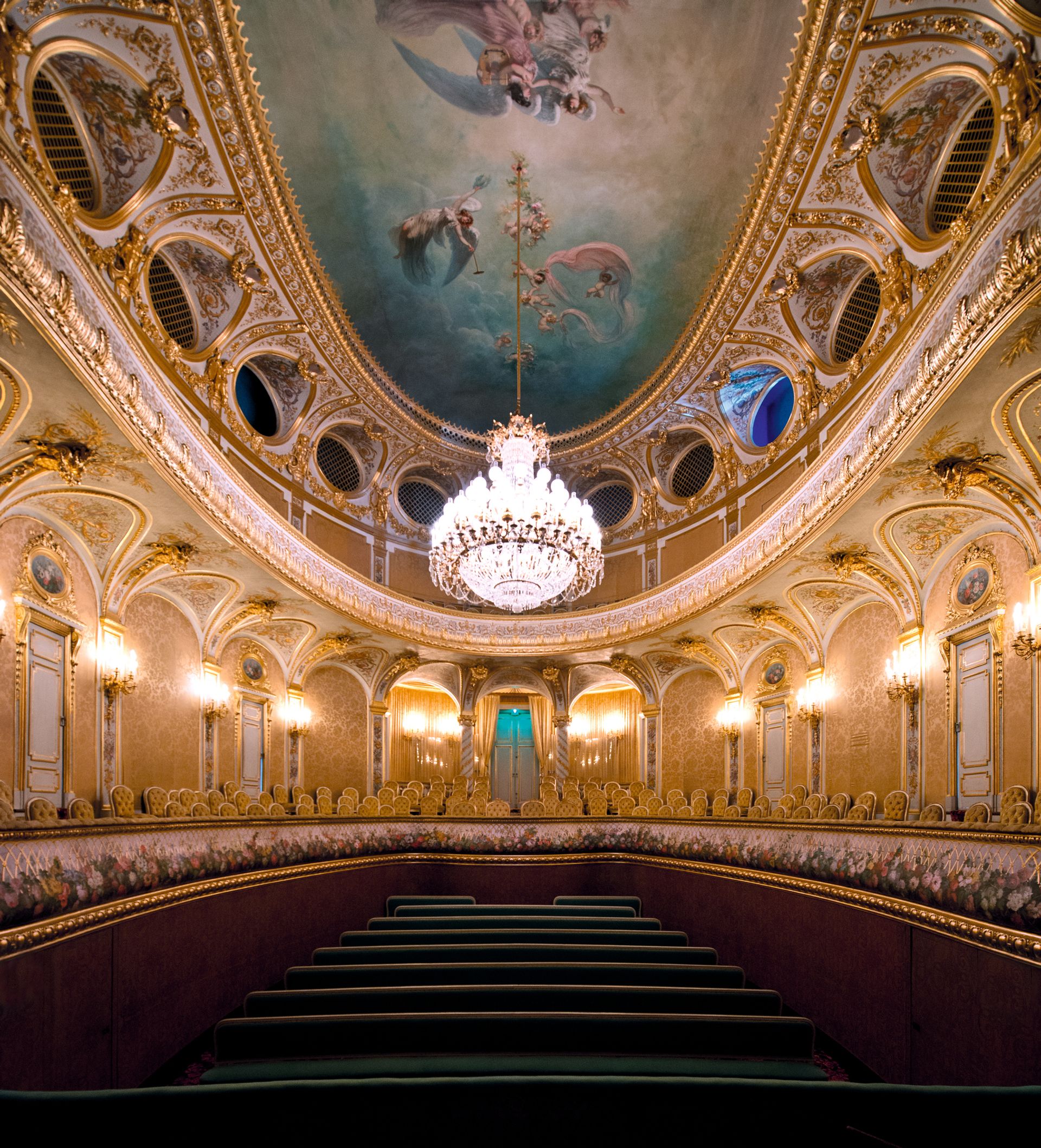
Château de Fontainbleau
The Château de Fontainebleau enjoys a “special link” with Abu Dhabi, says Vincent Droguet, the site’s director of heritage and collections. The château’s imperial theatre, designed for Napoleon III in 1857, reopened in 2014 after a €5m restoration sponsored by the UAE president and ruler of Abu Dhabi, Sheikh Khalifa bin Zayed Al Nahyan. The château spent its €370,000 fee from Abu Dhabi—for the loan of a 16th-century copy of the Vatican’s Apollo Belvedere statue—on new acquisitions for the Napoleon I Museum.
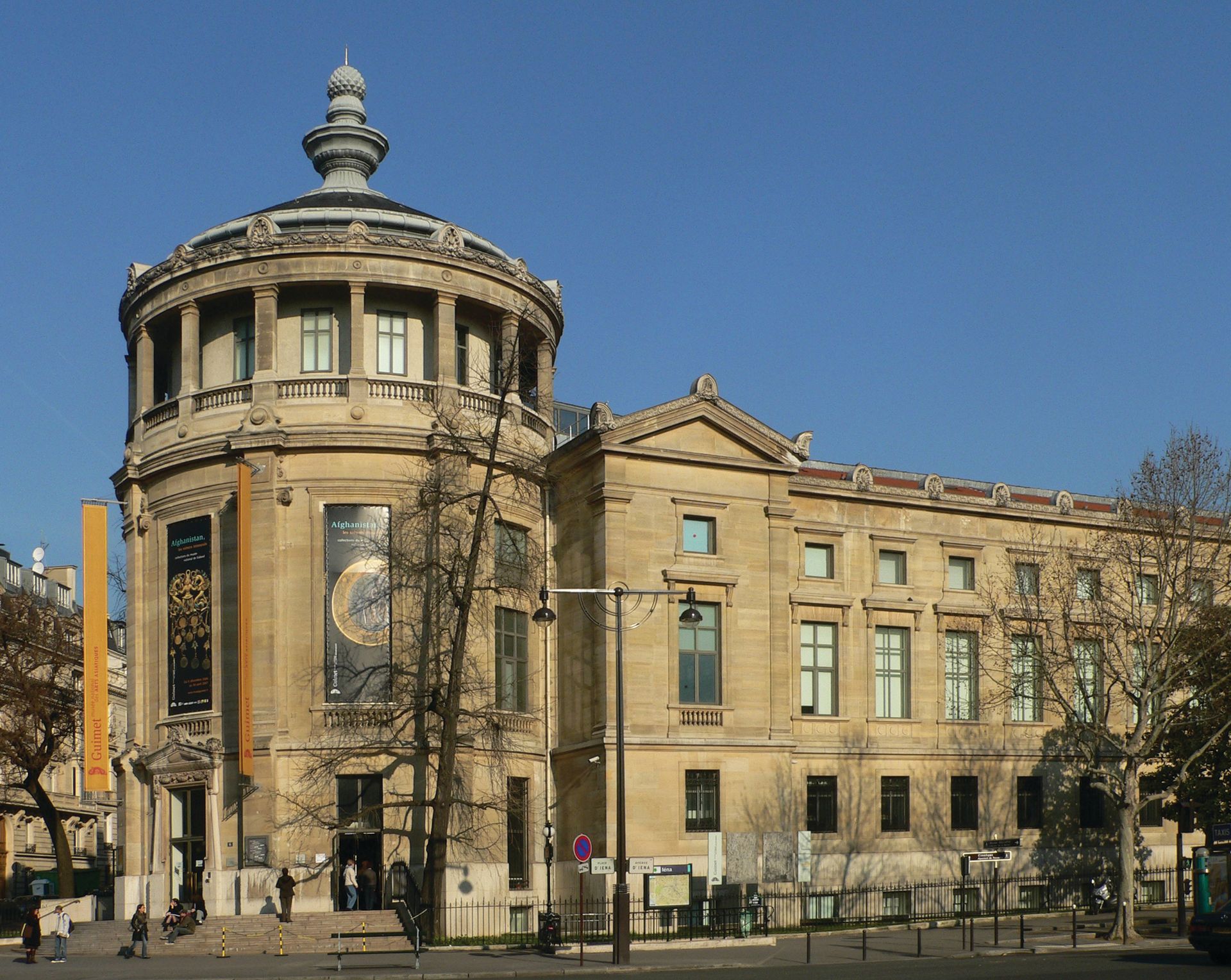
Musée Guimet
The French national museum of Asian arts, where the Louvre’s entire Asian art department was transferred after the Second World War, is due to lend around 100 objects to Abu Dhabi. The partnership could prove a lifeline for an institution that receives relatively little state support. Loan fees may finance the €3.5m conversion of the museum’s disused roof terrace into a restaurant—a project to which the French government has so far turned “a deaf ear”, the museum’s director, Sophie Makariou, told Le Monde in September.

